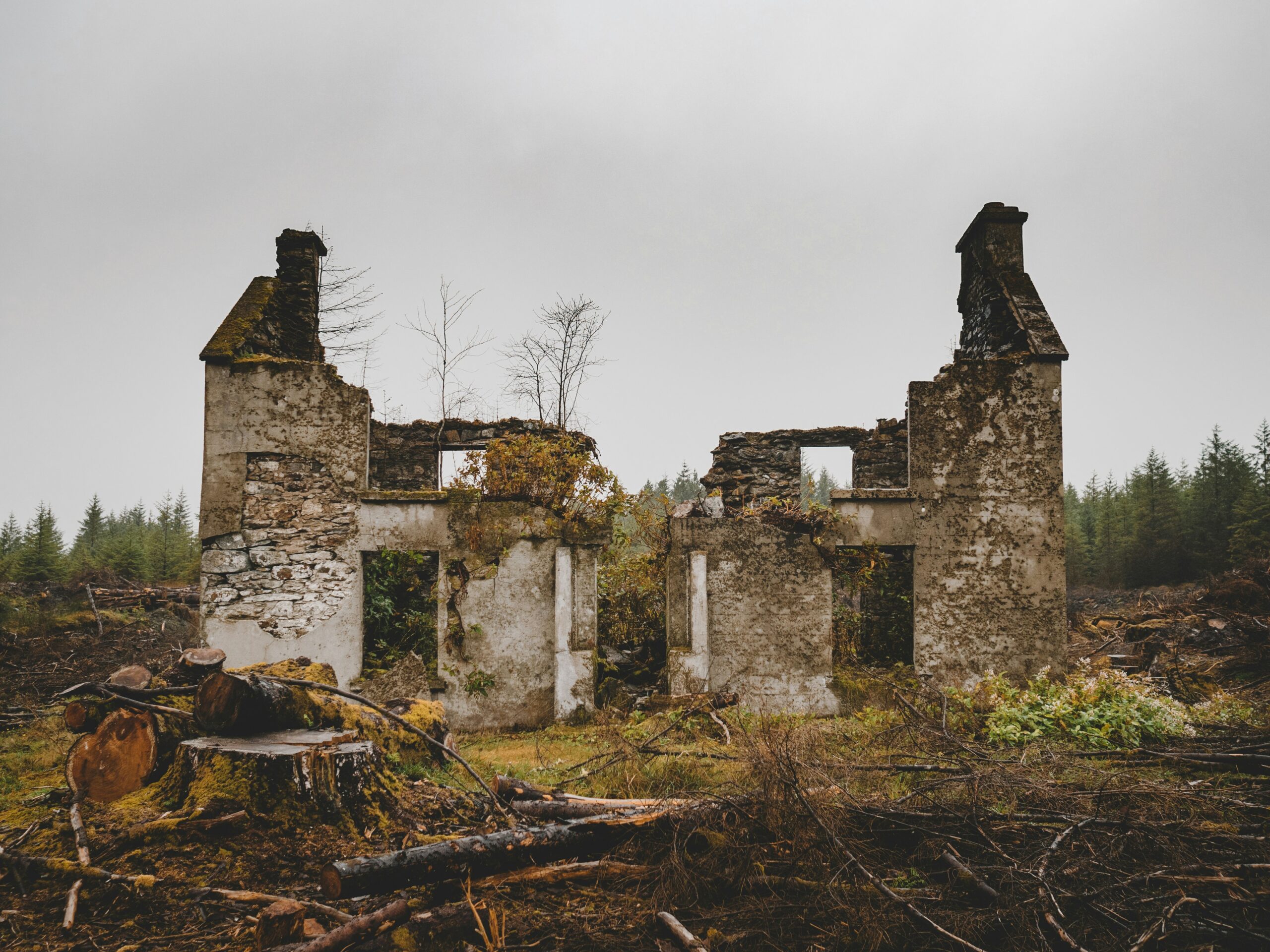If you don’t care for your house for a while, you slowly grow accustomed to your surroundings. You adjust. Those things that are broken that you couldn’t get to quickly, you learn to work around and may even eventually think that you have no need for them. Those holes in the wall become a part of the décor. Those bad smells from different sources become a part of the atmosphere of your home, so that you become nose blind to them. What initially repulsed you is now a part of your environment.
You may not notice the things in disrepair or the smells in your home, but others will. If someone comes from a place where things are kept in good order and the source of repugnant smells is dealt with immediately, he will notice the things in your home.
God gave the maintenance of his house to Israel, specifically to the priestly class. They were to maintain the purity of God’s house. The house was to be kept up and smelling nice.
During Jesus’ days, the physical structure of the Temple was well maintained. Around 19 B.C., Herod the Great began a grand renovation of the Temple that continued to A.D. 64. At the beginning of Jesus’ ministry, the project had been going on for forty-six years (Jn 2:20). The Temple became one of the wonders of the world.
However, the Temple wasn’t being maintained as God intended. The priests were not maintaining the Temple’s holiness, only its outer appearance and worship mechanisms. Jesus knows how the house ought to be maintained, and he comes for an inspection.
The Apostle John’s record of Jesus’ “Temple incident” is not the same as Matthew, Mark, and Luke record. Jesus inspects the Temple twice, once at the beginning of his ministry and once at the end of his ministry. There is good biblical reason for this in the laws of house leprosy found in Leviticus 14:33-53.
A house can have leprosy. Leprosy is an eruption of death from below the surface that appears on the walls. If a homeowner expected leprosy in the walls, they were to call for the priest. The law of house leprosy required two inspections. The first inspection entailed determining whether or not it was leprosy. If there were green or red stripes, then it was leprosy. The stones and mortar had to be removed and replaced. The priest would come back seven days later. If the leprosy returned, the house was destroyed. Not one stone was left on another. The stones would be carried outside the city to an unclean place.
This context fits hand-in-glove with John’s immediate context: Passover. Passover was the time in Israel’s history when God delivered them from Egyptian bondage through the sacrifice of a lamb, displayed blood on the door of the house, and a meal. When Jesus comes to the house at Passover, the house of Israel has become “the house of Egypt” (see Rev 11:8). Jesus denies them the sacrifice and display of blood temporarily by driving out the sacrificial animals (Jn 2:15). He is the death angel that has come to kill the firstborn and finish off Egypt.
Both contexts emphasize the destruction of the Temple. Jesus hasn’t come to do a little renovation work. He has come to destroy. He is giving Israel an opportunity to repent and become a part of the new temple that will be transformed through death and resurrection (Jn 2:19).
Jesus still regularly comes to inspect his Temple, the church. In Revelation 1, Jesus walks in the midst of the seven golden lampstands, Temple furniture. When he sends letters to the seven churches in Revelation 2 and 3, he is inspecting. He is pointing out areas in the church to which, maybe, they have become blind. But when he points them out, they are no longer blind. They must repent.
What will Jesus find when he comes to his house this Sunday? Will he find a house well-maintained where sin is confessed and repented of when it is exposed? Will he find church leadership actively maintaining the purity of God’s house or tolerating house leprosy? Will he find individual temples, individual Christians, keeping themselves well-maintained?
Jesus inspects us with his word, not merely read by us as individuals (though he does use that), but communicated to us from others, whether pastors or other family members in Christ. He exposes things through others to which we may become blind. We get so used to our sin that we no longer see or smell it. God’s grace to you is to have your Christian family say, “Hey, your house stinks.” Don’t be offended. Be grateful and deal with it.
Photo by Andrew Ridley on Unsplash














